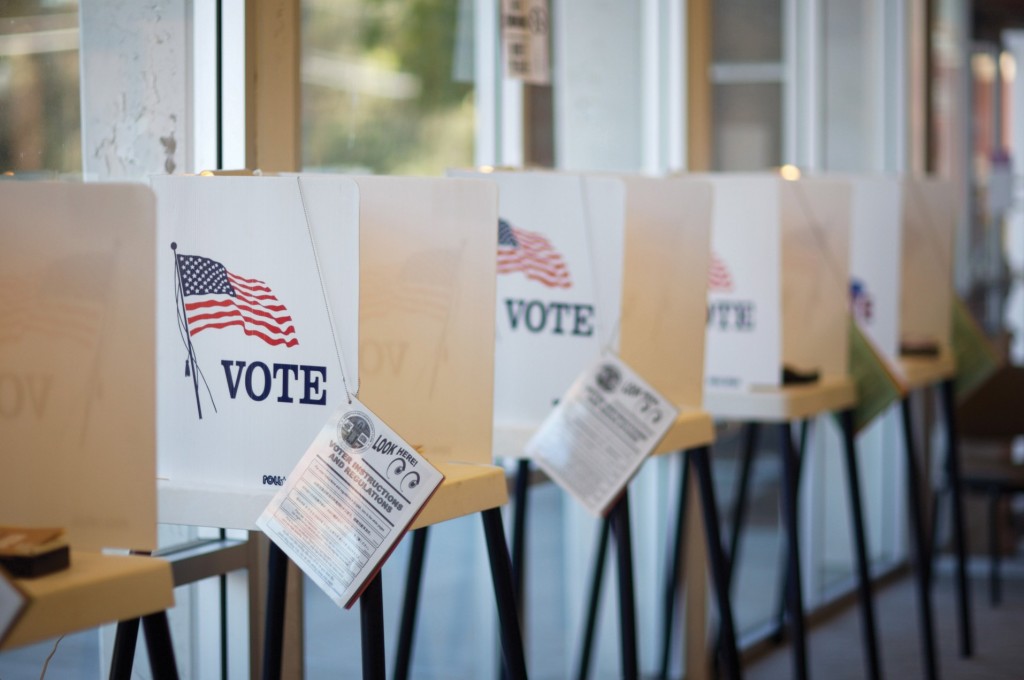You have free articles remaining this month.
Subscribe to the RP Witness for full access to new articles and the complete archives.
When I was a child, I looked forward to voting as a privilege and as another sign that I was qualified as an adult. It seemed like it would be an easy privilege to exercise. Back then my parents voted a straight party ticket, so the trip to the fire hall meant staying long enough to mark a single X on the ballot.
Between that idyllic time and the day I first voted came Watergate, the ragged end of the Vietnam War, and the nationwide fuel crisis. Presidents and legislators didn’t seem as wise or upright as they used to seem. Voting for a good candidate was going to take more work than I had thought. And the same media that informed me about the candidates also received lots of money in advertising from those candidates. Those ads screamed “the choice is simple” but only brought noise to the decision-making process.
I’m sorry to report that the decades have only made decisions more difficult. As Bible believers and Reformed Presbyterians, we have basic truths that guide us, and that helps a lot. We know where to begin. We have some paths we can take, and we know other paths to avoid.
Still, there is a lot to know, and most of the information in the media still tries to sway us toward only knowing what they think we should know. I’m deeply disappointed in my country, my fellow Christians, and even myself in how little time is taken trying to get a true understanding of candidates and of our responsibility.
Last summer, a special committee of the RPCNA Synod submitted a proposed voting guide in the hope of helping us at such a time as this. How does Christ’s kingship impact both governments and citizens at election time? Synod chose to receive this document and to publish it as helpful information for Christian citizens as they determine whether to vote and for whom to vote. Synod, in its discussion and actions regarding this voter guide, did not say this guide represents the only view that falls within RP standards, hence the choice to receive rather than approve the document.
In that spirit, and as we in the U.S. endure another election season (and as Canadians reflect on their recent election), we are providing the thoughtful work of Synod’s committee for you to read. In future issues, we will print other resources, including a separate voter guide composed by six Reformed Presbyterian ministers and elders that also seeks to follow the RPCNA standards on this topic but that takes a different approach. And then we are printing an excerpt of the standards themselves.
While reading these articles won’t provide everything you need to know before deciding whether and for whom to vote, it should give you a great foundation. In God’s providence, a small number of people seeking to follow Him can see great change accomplished, regardless of the size and influence of the opposition.
